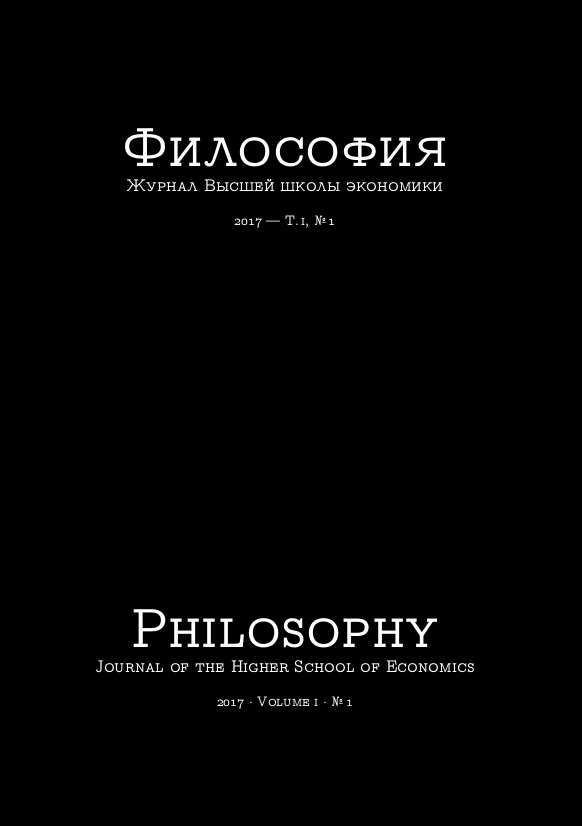The Old Regime and the Revolution
Abstract
Anglophone and European History standardly views the world as having been radically transformed with the advent of the French Revolution. The tendency is to distinguish a modern epoch from a preceding “old regime”. This article takes issue with this historiographical vision, and thus the epochal significance of 1789 as well. The Revolution was certainly a major event in European history, impacting on events for decades to come. Yet underneath the evident changes that the Revolution brought we can detect essential continuities. Moreover, the world preceding the Revolution cannot be uniformly described as a single “old regime”, combining a specific political structure with one particular form of society. The notion of ancien régime Europe derives substantially from Alexis de Tocqueville. However, closer inspection of his work clearly shows that Tocqueville’s account was altogether more complex and nuanced. All this amounts to suggesting that we need to re-think how we orientate ourselves historically. Much of the so-called old regime is still with us, and the Revolution, instead of being seen as a watershed, should be regarded as a dramatic event that contributed powerfully to change — but not as an event which succeeded in defining a new age.






